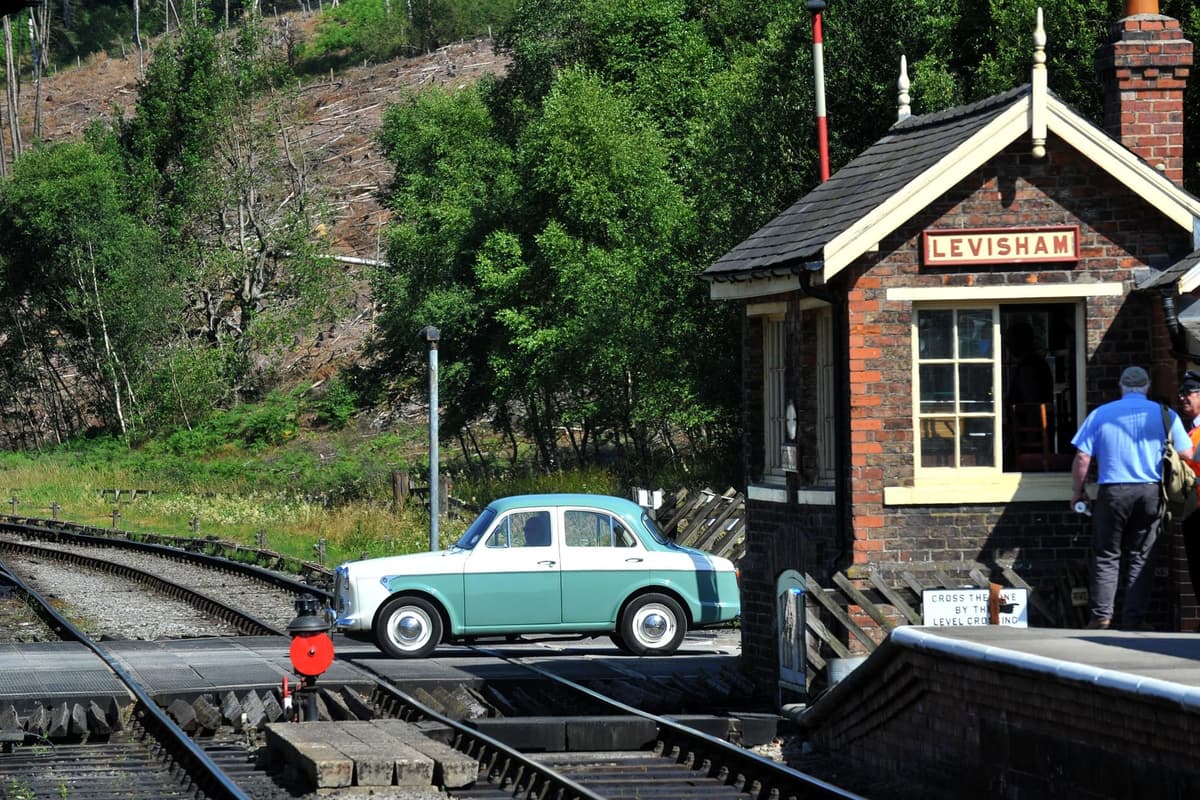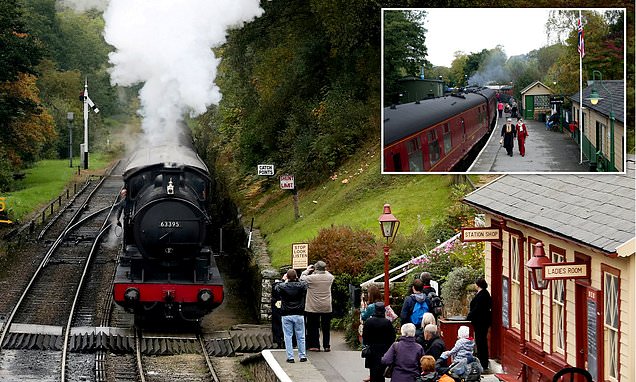I've read about the NYMR, The Strathspey and heard about a few other HR's where there are rumblings beneath the surface, usually appertaining to volunteers.
I was talking to a friend of mine who volunteers at a railway and he said one of the things that gets up his nose is that there is precious little courtesy these days and the simple use of "thank you" to volunteers by those "in charge".
I would agree, I used to volunteer when I lived further south on a HR. When I started it was really good, you felt appreciated, even contributed to materials out of your own pocket.
But a change at the top with one or two obnoxious types and the "fun" went out of it, because you really felt taken for granted.
Volunteers are so precious. Yes they have to managed and they cant do what they like, however equally you should not treat them as a lack lustre commodity. These people are the lifeblood of our hobby and should be treat as such.
After nearly 40 years of working at various heritage railways, I’ve had my fill of the ‘Obnoxious types’ & the lack of courtesy. In fact I would say that the more you sometimes do (first there in the mornings, last to lock up), familiarity breeds contempt.
One thing I learned quickly as a 15 year old was that just because you are getting involved with a group of fellow railway enthusiasts, there is no guarantee that they will like you, or let you into the ‘club’. Alas, those types of morons that you thought you left behind at the school gates are very much to be found on preserved railways.
There have always been empire builders wanting to have it their way all the time, I say the use of social media amplifies their presence to the near total exclusion of other volunteers. The FB pages of a railway I was formerly involved with gives the impression that everything is done by one individual with his gurning fizog in every picture.
That said, volunteer committee members can have a hard time with some of the strange characters who volunteer, who usually have nothing else in life but their railway, oblivious to those of us in the real world with work & families to consider.
Nowadays I mainly just do paid contract work & get my occasional railway fix that way, avoiding the well of despair that seems to be the thing when you go too often.


